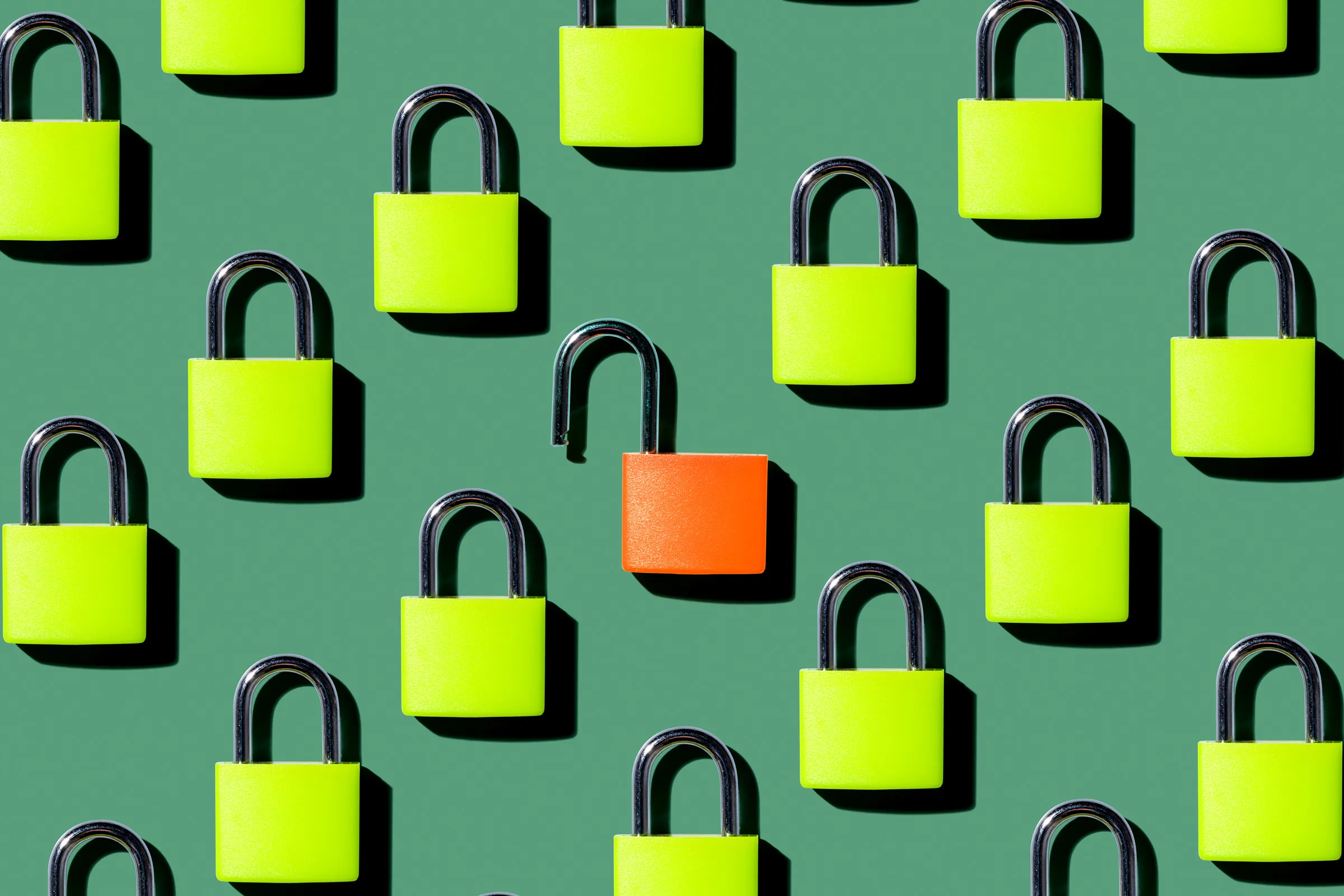By Felicia Nwosu
To ensure a more secure approach to user’s passwords, Google, in partnership with Microsoft, Apple, and Fido Alliance are making strategic moves to phase out passwords on its apps and websites with plans to roll out passkeys to replace it. The global tech giant believes that passkeys are more secure and easier to use than passwords which people often forget.
According to Google, passkeys are the easiest and most secure way to sign in and will now replace the use of passwords, which people often find difficult to remember.
It is also indicated that the change may not come easy for many people, implying that passwords and two-step verification (2SV) will still work for Google Accounts for now.
It hinted, however, that by next year when World Password Day is being celebrated, passwords may have been completely phased out.
Google added that Google Workspace accounts administrators will soon have the option to enable passkeys for their end-users during sign-in.
“For some time we and others in the industry have been working on a simpler and safer alternative to passwords. While passwords will be with us for some time to come, they are often frustrating to remember and put you at risk if they end up in the wrong hands.
“Last year — alongside FIDO Alliance, Apple, and Microsoft — we announced we would begin work to support passkeys on our platform as an easier and more secure alternative to passwords. And today, ahead of World Password Day, we’ve begun rolling out support for passkeys across Google Accounts on all major platforms. They’ll be an additional option that people can use to sign in, alongside passwords, 2-Step Verification (2SV), etc.
“Today, passkeys for Google Accounts are available. You can try them out here and setting it up is easy. We look forward to helping people and others in the industry take this next leap to make signing in easier and safer with Google.
“So maybe, by next year’s World Password Day, you won’t even need to use your password, much less remember it!”






Comment
No comments found.